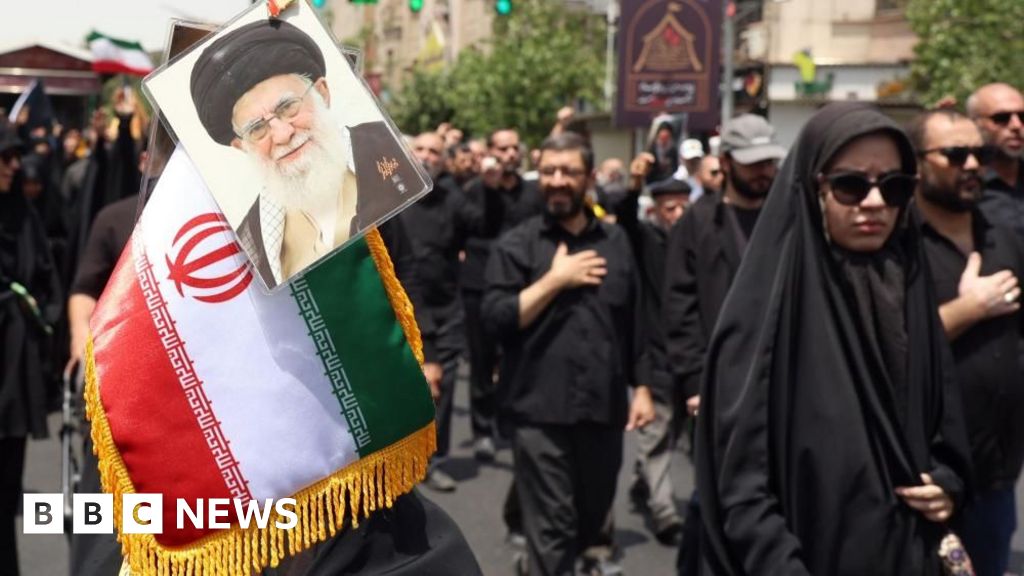UK, France and Germany move to reimpose UN sanctions on Iran
- BBC News
The UK, France and Germany have begun the process of restoring major UN sanctions on Iran - lifted under a 2015 deal - as tensions once again escalate over Irans nuclear programme.
The move will trigger a so-called snapback mechanism, which could result in the return of sanctions in 30 days.
The three countries, participants in the 2015 deal, warned two weeks ago that they were ready to do this unless Iran agreed to a "diplomatic solution" by the end of August.
Talks between Iran and the US over its nuclear programme have not resumed since June when the US bombed Iranian nuclear sites and Iran barred UN-backed inspectors from accessing its facilities.
The snapback provision was built into the 2015 accord and allows for a participant to initiate the process to bring back sanctions if they believe Iran has significantly failed to fulfil its nuclear commitments by notifying the UN Security Council.
The UK, France and Germany, known as the E3, took the step in a letter to the Security Council. The council now has 30 days in which to decide whether to extend the sanctions relief or allow it to lapse.
Iran had warned of repercussions if the snapback was triggered.
Years-long crippling economic sanctions were lifted in exchange for curbs to Irans nuclear programme under the UN-backed deal between Iran and the US, UK, France, Germany, China and the EU.
But the deal unravelled after Donald Trump pulled the US out and reimposed nuclear-related sanctions in 2018 during his first term. Iran stepped up its nuclear activities in response, fuelling a renewed crisis.
Western powers and the global nuclear body the International Atomic Energy Agency (IAEA) say they are not convinced that Irans nuclear programme has purely peaceful purposes. Iran strongly insists it is not seeking nuclear weapons, and that its nuclear programme is solely a civilian one.